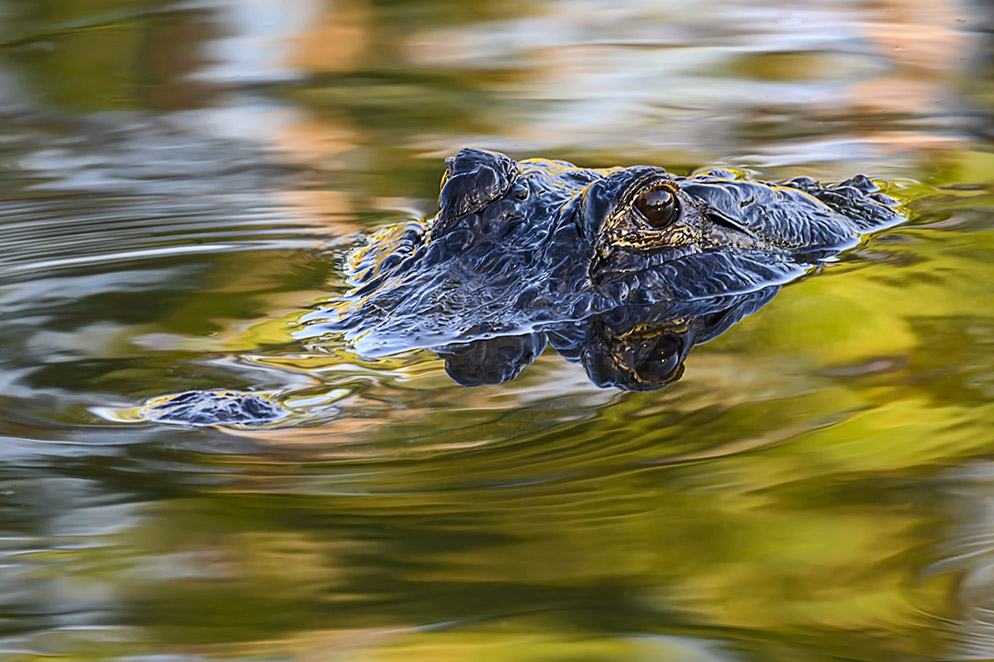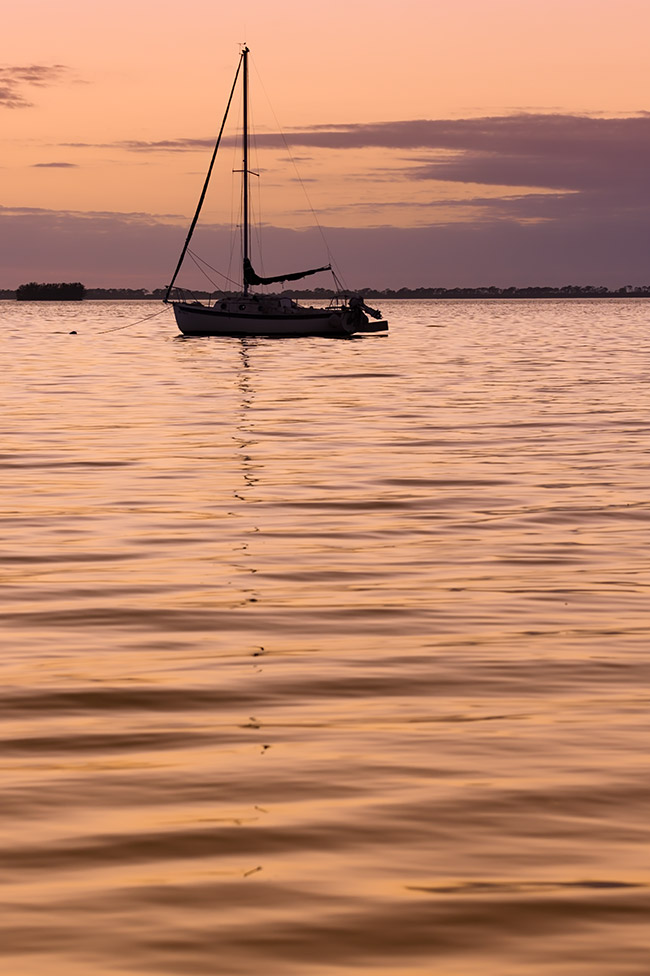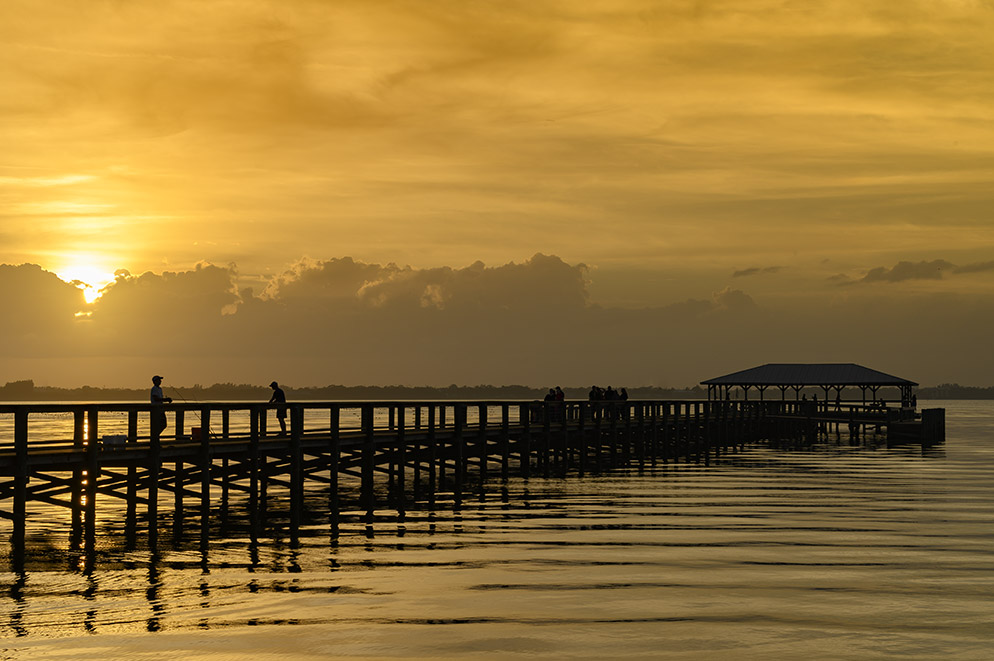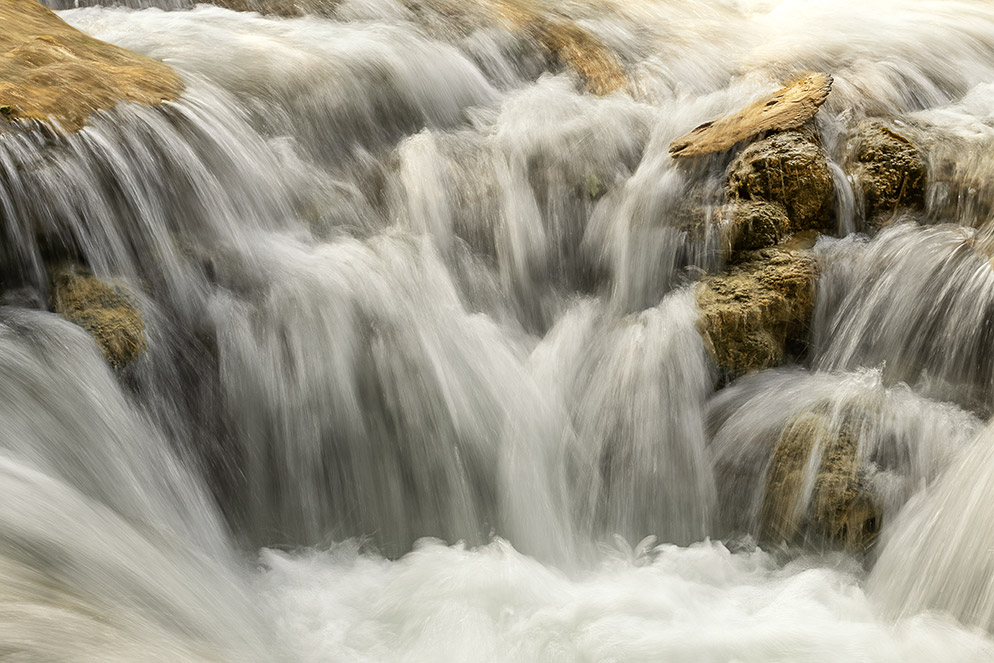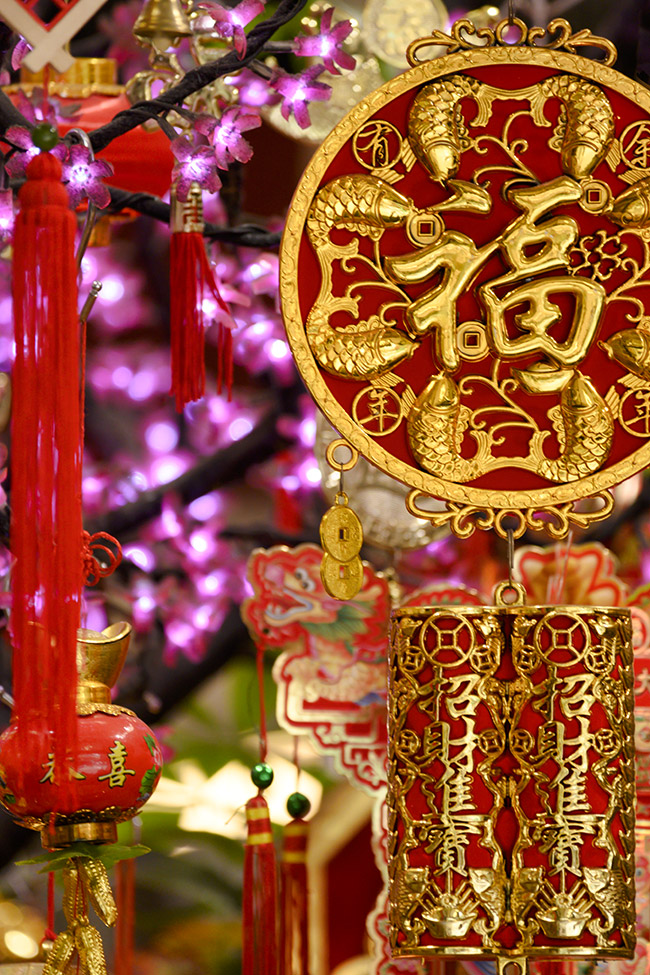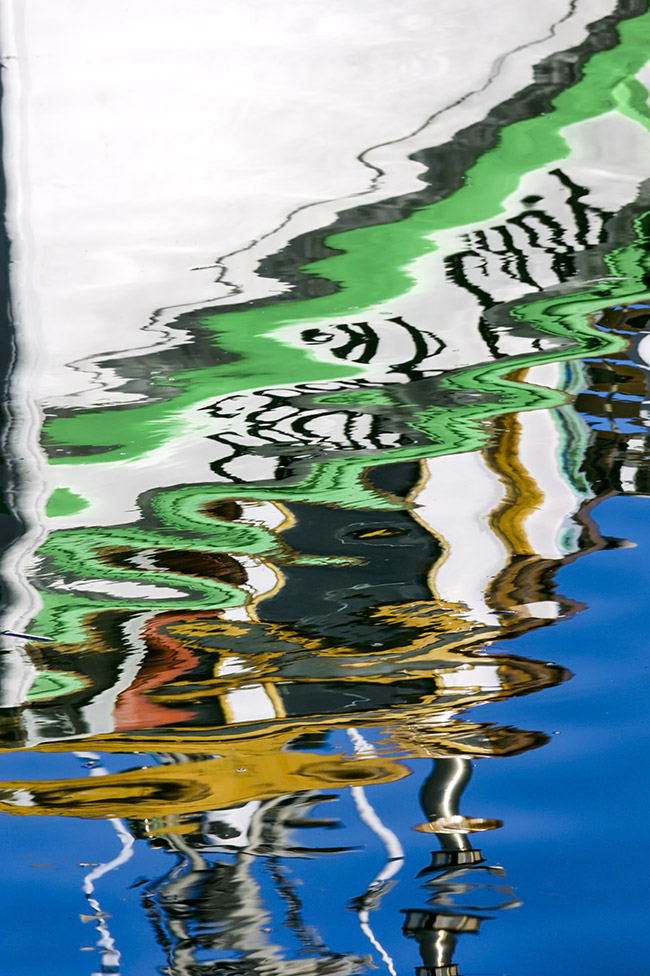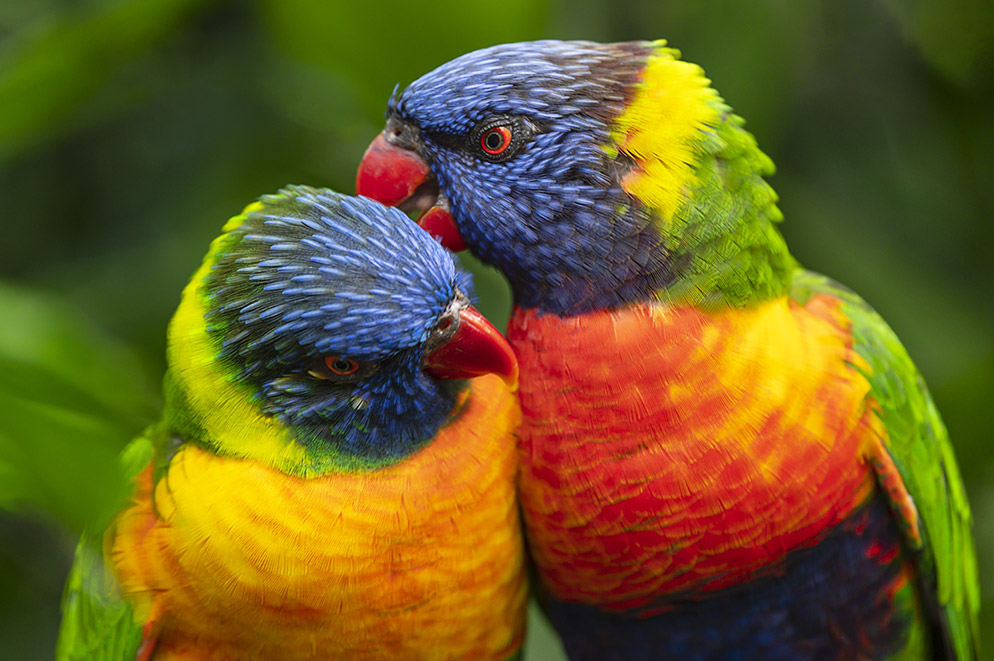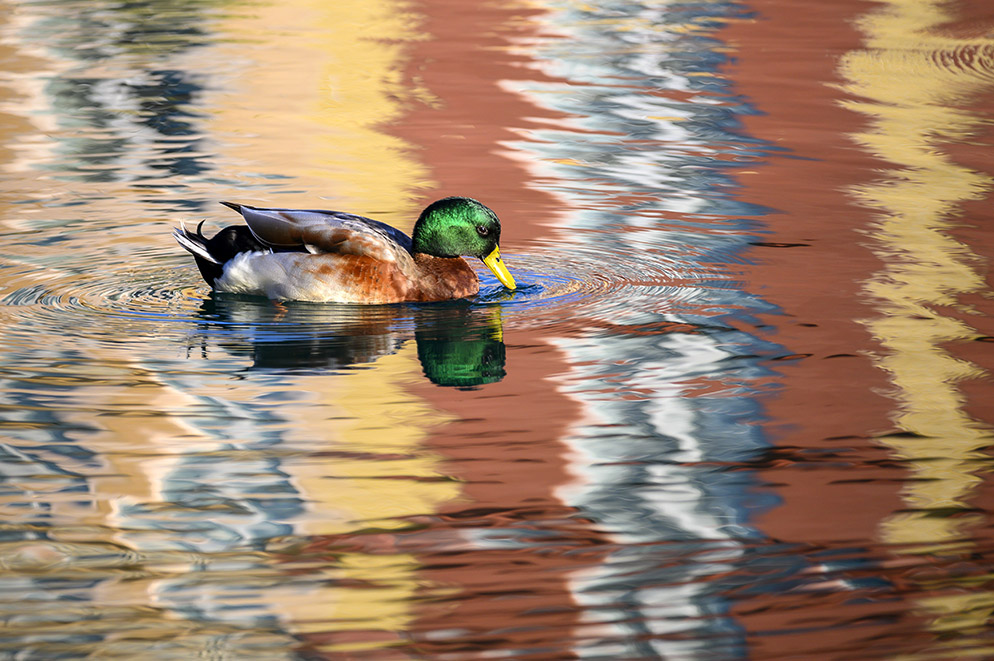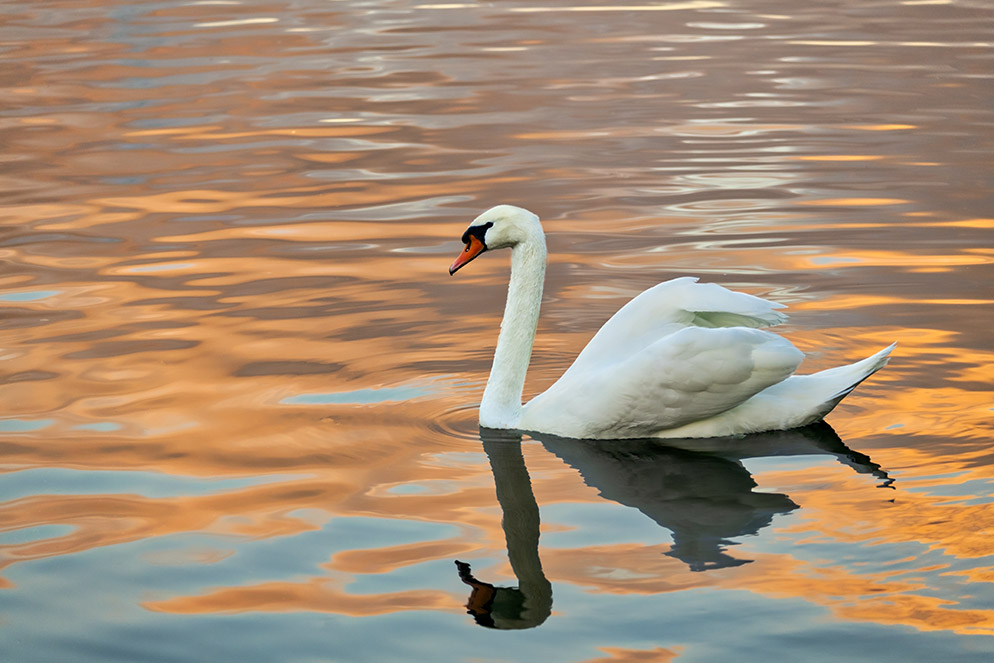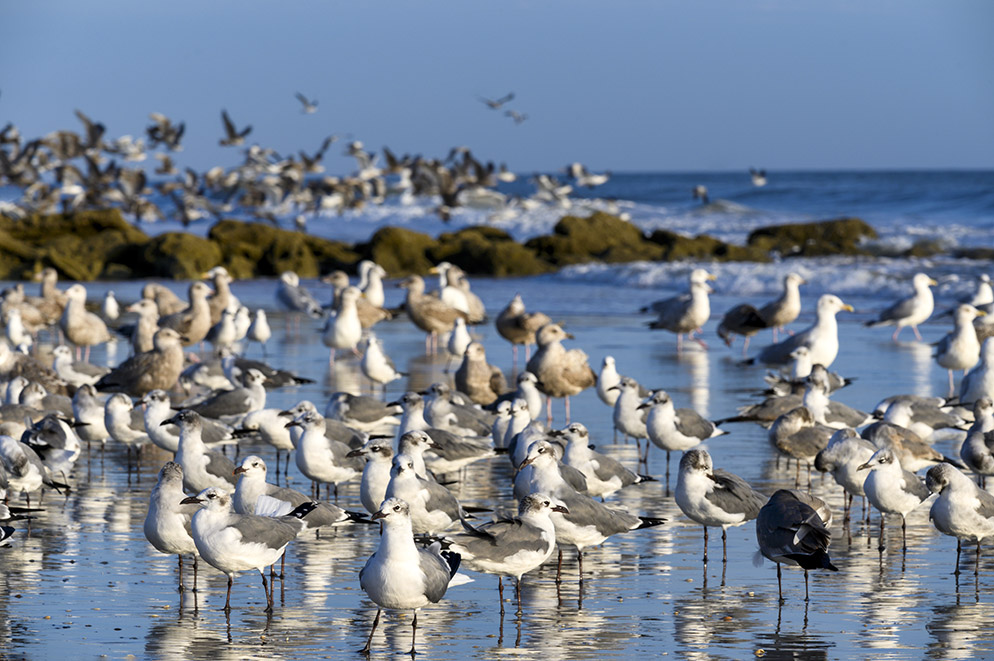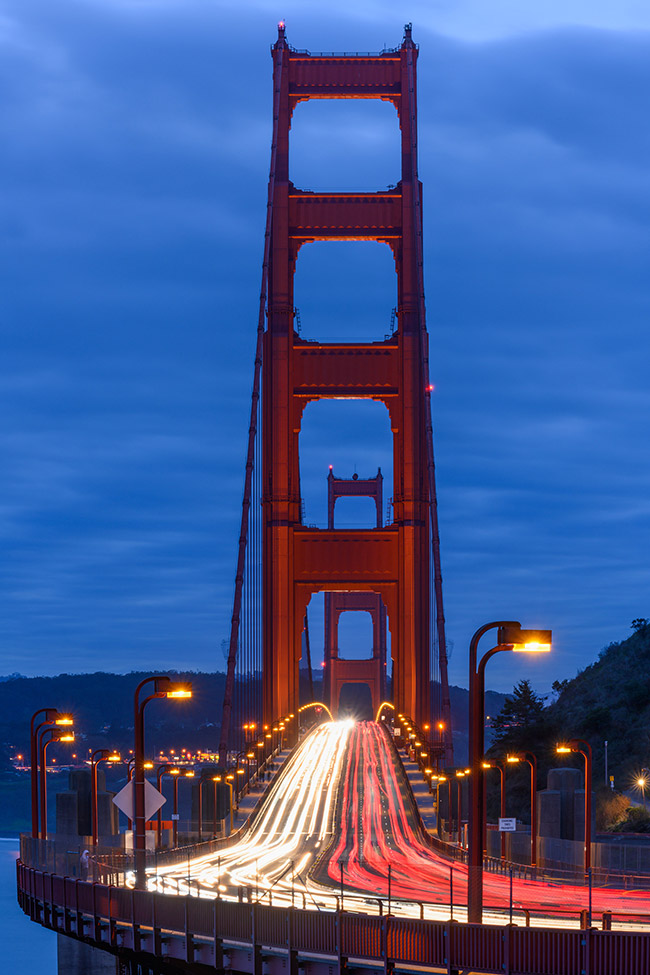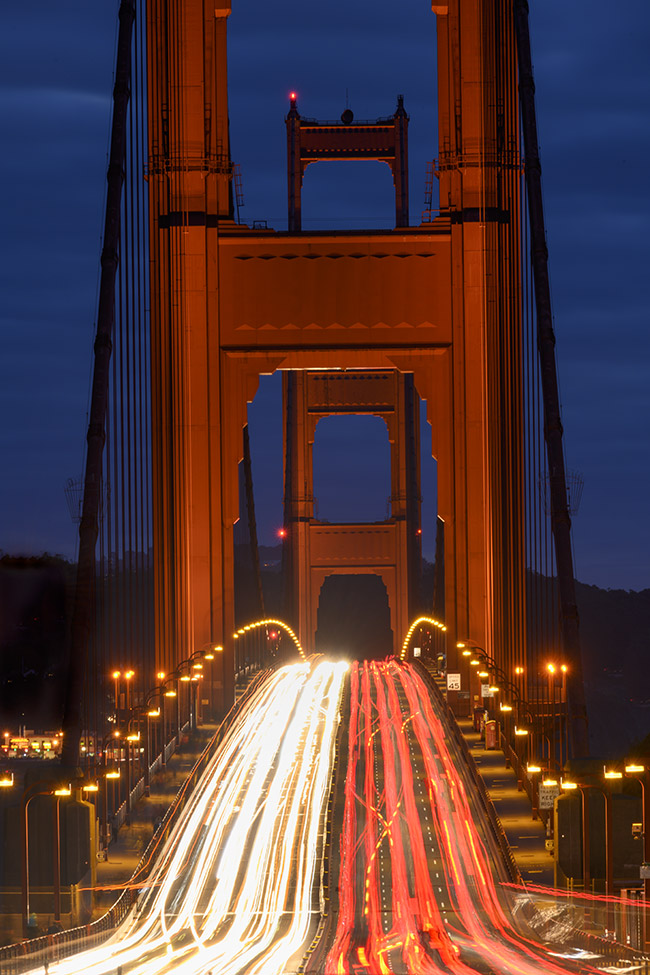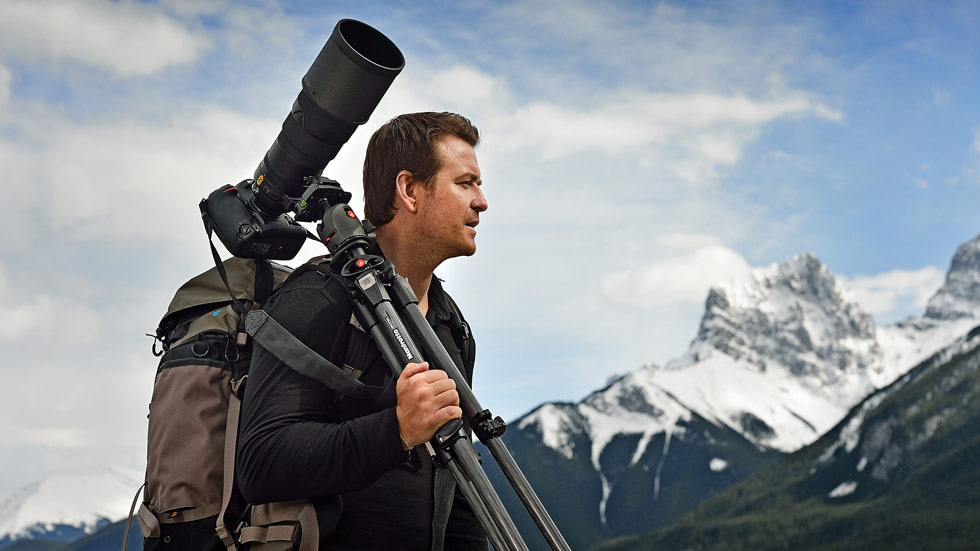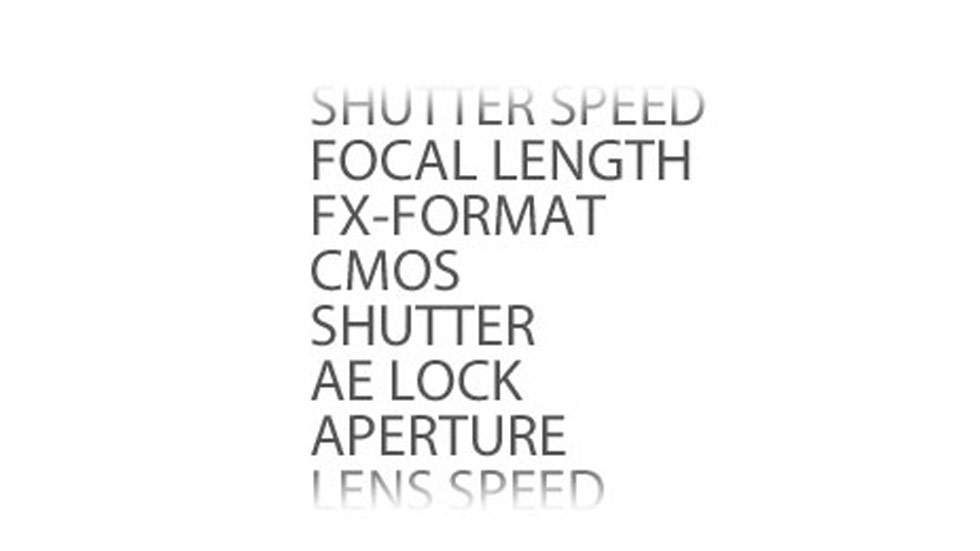Field Test: On the Road With a NIKKOR That's a Natural for Travel
The AF-P NIKKOR 70-300mm f/4.5-5.6E ED VR lens
Late afternoon at Gatorland in Orlando, Florida. "I wanted a dynamic flow in the image, diagonally, right to left," Deb says, "and I positioned myself for the alligator's motion through the patch of reflections." To make her subject even larger than the zoom's 300mm was capable of, Deb switched the Z 7 to DX mode for a 1.5 crop factor and its 450mm equivalent magnification effect. Z 7, Mount Adapter FTZ, AF-P NIKKOR 70-300mm f/4.5-5.6E ED VR, 1/200 second, f/5.6, ISO 500, manual exposure, 3D Color Matrix metering.
The timing couldn't have been better: the availability of a new compact, lightweight NIKKOR telephoto lens coincided with Deborah Sandidge's planned trip to Cambodia and Laos, and for Deb, a professional travel photographer and a Nikon Ambassador, the attraction of the zoom's long reach, light weight and compact size was irresistible. "Anything that lightens the load is a bonus," she says, and so she boarded the plane with the AF-P NIKKOR 70-300mm f/4.5-5.6E ED VR—the latest and lightest in Nikon's line of 70-300mm lenses—added to her kit.
In addition to reduced sized and lowered weight, there's another distinct benefit to the new 70-300mm zoom, one that's indicated by the AF-P designation: it's a lens powered by a pulse motor that provides faster and quieter autofocus performance. Both are important, but quieter is especially welcome when you're shooting video, which was definitely in Deb's plans. Ambient sounds, conversation and even dialogue are all welcome in most video-making situations; motor noise is not—which made the combination of the AF-P NIKKOR 70-300mm and the Z 6, with its in-body stabilization, especially ideal for Deb's videos.
In addition to photography in Cambodia and Laos, Deb used the AF-P NIKKOR 70-300mm in San Francisco and at various locations in Florida. The lens got a workout—mounted on her D850 or, with the Mount Adapter FTZ, on the Z 7 and Z 6—for planned images, spontaneous moments, stills and video, and it's likely earned a permanent place in her travel kit.
Which brings us to an interesting point about the role this lens might play in your photography.
The "Walking Around" Paradox
The truth is, professional travel photographers and really dedicated, serious amateurs don't generally travel light. They will take along not only a lot of lenses, but a lot of other gear—likely at least two camera bodies, up to a half dozen lenses, a Speedlight, a tripod, filters—you get the idea: it's serious business. And for Deb it's serious creative business: she is not a photographer who takes only what a scene or situation offers. She will always look to add a creative touch, an alternate view, a special effect—and most often the gear she carries is part of the plan or the inspiration that fuels her photography.
But even the most dedicated pros and enthusiastic amateurs will still have days and evenings when they will just want to walk around in off-duty mode with one camera and maybe two zoom lenses—a wide-angle and a telephoto—and see what catches their attention.
If you're not a pro but rather a traveler or a tourist who loves to take pictures along the way, that'll do it: a dynamic duo of lenses that will cover the opportunities and possibilities. Deb's suggestion, in that case, is the AF-P NIKKOR 70-300mm for the telephoto, and to cover the wide-angle possibilities, a 24-70mm—either the AF-S NIKKOR 24-70mm f/2.8G ED on your DSLR (or Z camera with the Mount Adapter FTZ) or the dedicated Z camera zoom, the NIKKOR Z 24-70mm f/4 S if you're going solely mirrorless.
In either case—bring it all or pare it down to essentials—we've got a cool new piece of glass for you to consider.
"The Golden Gate is a beautiful bridge that becomes so much more vibrant during the blue hour," Deb says. She set up her camera and tripod at Vista Point in Sausalito for this 13-second exposure with the zoom lens at 125mm. Z 7, Mount Adapter FTZ, AF-P NIKKOR 70-300mm f/4.5-5.6E ED VR, 13 seconds, f/22, ISO 64, manual exposure, 3D Color Matrix metering.
Deb took this photo ten minutes after the previous Golden Gate Bridge image. She changed her position slightly to eliminate some of the lights and framed at 300mm to shift the emphasis to the architectural elements of the bridge. Z 7, Mount Adapter FTZ, AF-P NIKKOR 70-300mm f/4.5-5.6E ED VR, 25 seconds, f/22, ISO 64, manual exposure, 3D Color Matrix metering.
The AF-P NIKKOR 70-300mm, Briefly:
-
Nikon's lightest, most compact 70-300mm lens ever.
-
Pulse motor delivers super quiet, super fast AF.
-
Optimized for peak performance with latest Nikon DX and FX cameras.
-
Ideal travel lens for any opportunity—nature, wildlife, cityscapes, details, portraits.

